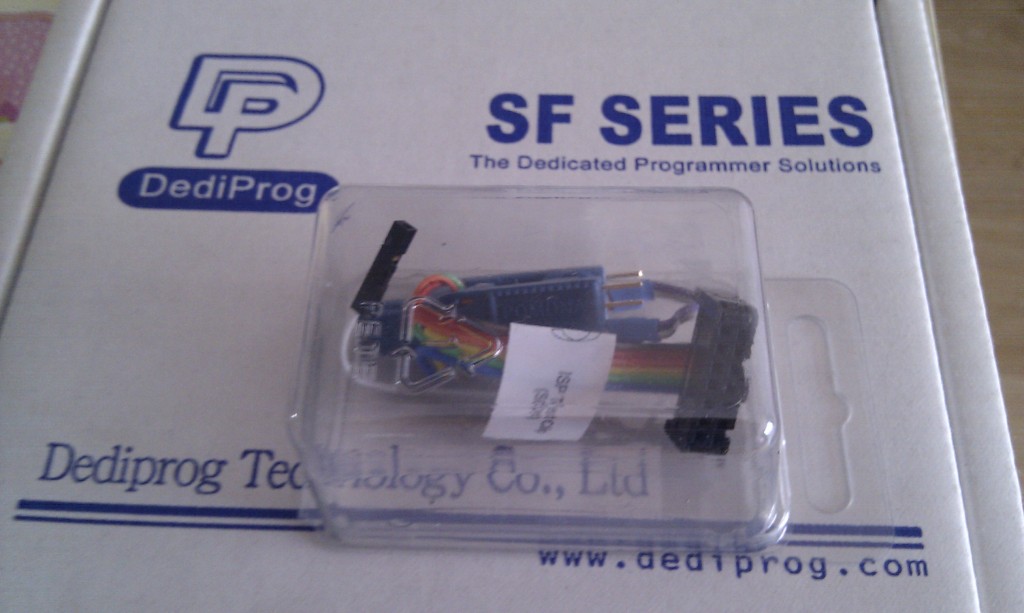After starting the USB stack in libpayload in the Google Summer of Code of 2007, I’m back this year to implement some more drivers. So far, we support UHCI Controllers – that is, USB1.x on Via and Intel chipsets.
There are also patches to support OHCI which are under GPL licensing As libpayload ist BSD-licensed, this make it unsuitable for inclusion. So this year I’ll do a clean implementation of OHCI to get this matter settled.
With this, all USB1.x controllers except for some very rare pre-standard controllers will be supported. This also includes USB2 boards, which means all current mainboards out there, as USB2 simply requires “companion controllers” (which are usually OHCI or UHCI) for USB1 modes.
After this is done, I’ll start on USB3 support. USB3 is still relatively new, but there are two reasons to start working on it:
- USB3 will be more popular in the next years, so doing it now ensures that we have one issue less to care about.
- Unlike with USB2, xHCI (the host controller standard for USB3) doesn’t use the companion concept, but requires the controller to support USB1 to USB3 itself. This means that old drivers (for UHCI, OHCI or EHCI) won’t find any controller to work with on such boards.
Implementing OHCI and xHCI ensures that all current boards as well as those of the near future will be supportable by libpayload and its users.

